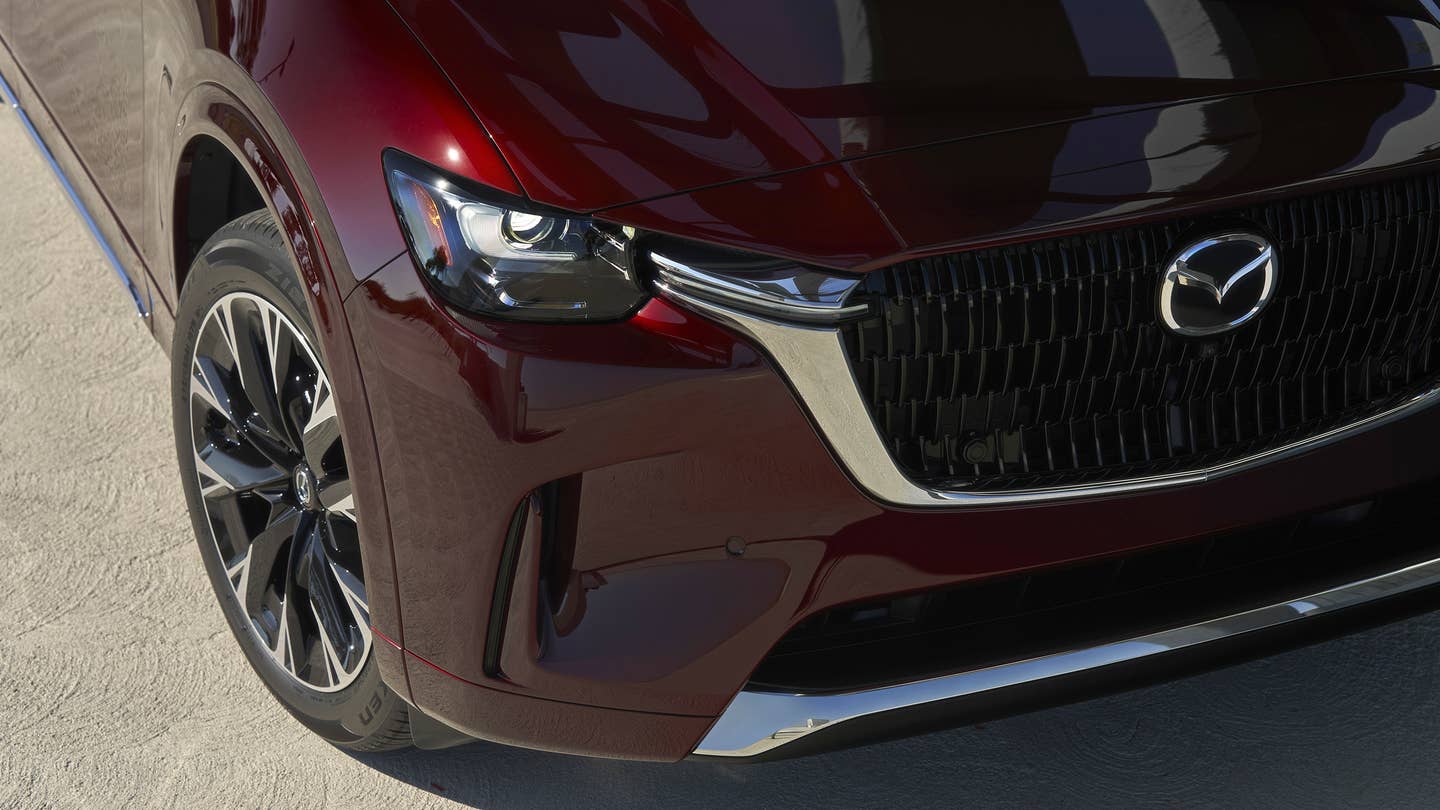Mazda Slaps Developer With Cease-and-Desist for DIY Smart Home Integration
Mazda owners were making their connected SUVs a little smarter with open-source code. Then the automaker stepped in.

Modern cars are indeed very smart, though no car is perfect. One enterprising developer decided to make his Mazda a little smarter through code and share his work with others like him online. Unfortunately, the automaker took issue with his improvements, and hit the project with a Digital Millennium Copyright Act (DMCA) claim, forcing it to be taken down.
Developer Brandon Rothweiler authored Mazda-specific integrations for Home Assistant, an open-source platform that can be used to run and establish interoperability between a variety of connected devices. Rothweiler's code plugged into Mazda's Application Programming Interface or API, allowing owners to create and share a number of seemingly inoffensive, convenience-minded functions, like checking and alerting fuel levels before a daily commute, or remotely unlocking and firing up the car when outside temperature drops below a certain threshold, as Ars Technica summed up in its coverage.
Mazda caught wind, however, and served Home Assistant, GitHub (where the software was hosted), and Rothweiler cease and desist orders, citing a number of infringements. The automaker argued that Rothweiler's work contained code that violated its copyrights; used its "proprietary API information" to create more code; and that the integrations provided functionality identical to what currently exists in Mazda's own mobile apps. The Drive reached out to Mazda to clarify its position on these claims, and will update this story should we learn anything.
Rothweiler promptly pulled his work and told Ars that he was ultimately left with little choice. "My options were to either comply or open myself up to potential legal risk," the developer told the publication. "Even if I believe that what I'm doing is morally correct and legally protected, legal processes still have a financial cost. I can't afford to take on that financial risk for something that I do in my spare time to help others."
Responses to Home Assistant's own takedown announcement, as well as posts on a Mazda SUV forum, make the owner community's frustration clear. One such user dismayed at the news wrote that the features he had been using for his CX-60 "make Home Assistant more useful, save money, and make me happier about my Mazda ownership."
It's unclear what legal basis Mazda has to order a DMCA takedown, as one GitHub user highlighted that they weren't able to locate any copyrighted code in Rothweiler's work, and the Electronic Frontier Foundation believes that reverse engineering for the purposes of interoperability can qualify as fair use.
Regardless, maximizing the convenience of connected cars in a manner that doesn't sacrifice the safety or security of those vehicles, or steal software that legally belongs to an automaker is an undeniable facet of car modification in the modern age. In fact, many manufacturers appear to be OK with especially resourceful owners optimizing their cars in this way. Home Assistant's integration library features at least six automakers, including BMW and Volvo, while Tesla recently published details of its new, official, open API for third-party developers to employ.
Carmakers can pretend all they like that electrification and ever-more connected vehicles will offer the same degree of room for personalization and independence as cars always have, but until they start backing that up with real action and back down from their litigious ways, it'll all be insincere.
